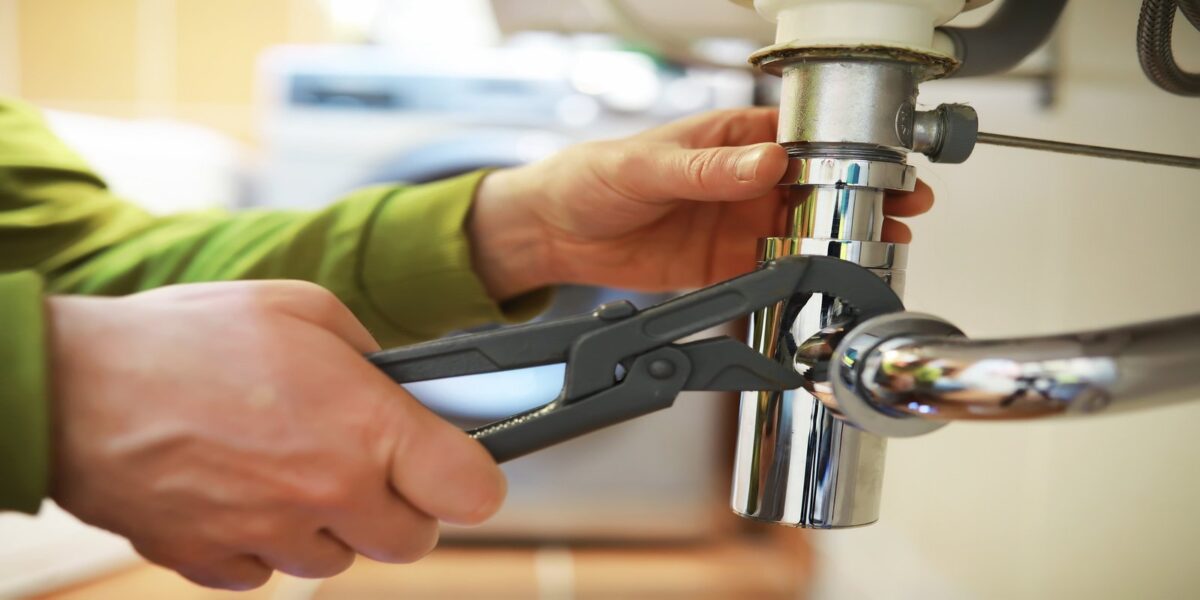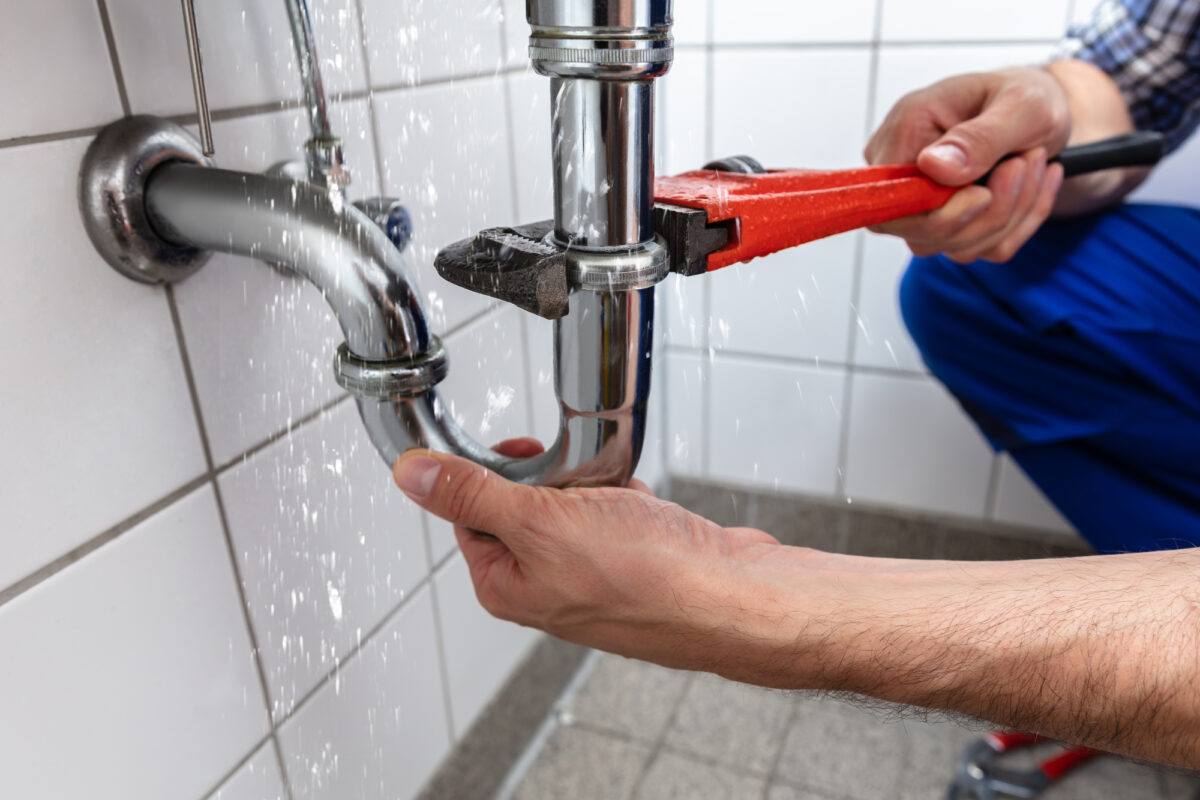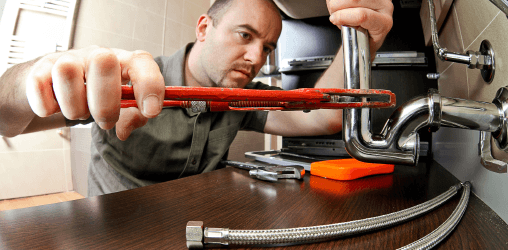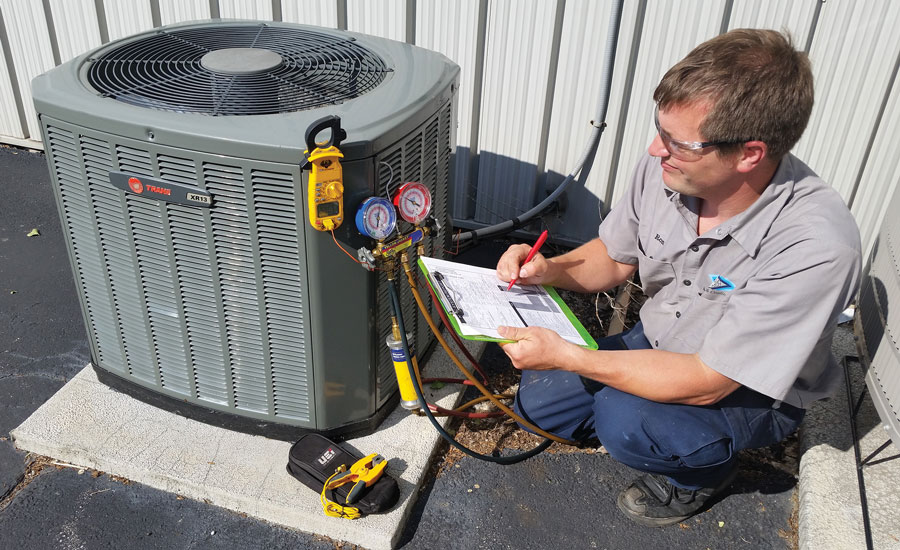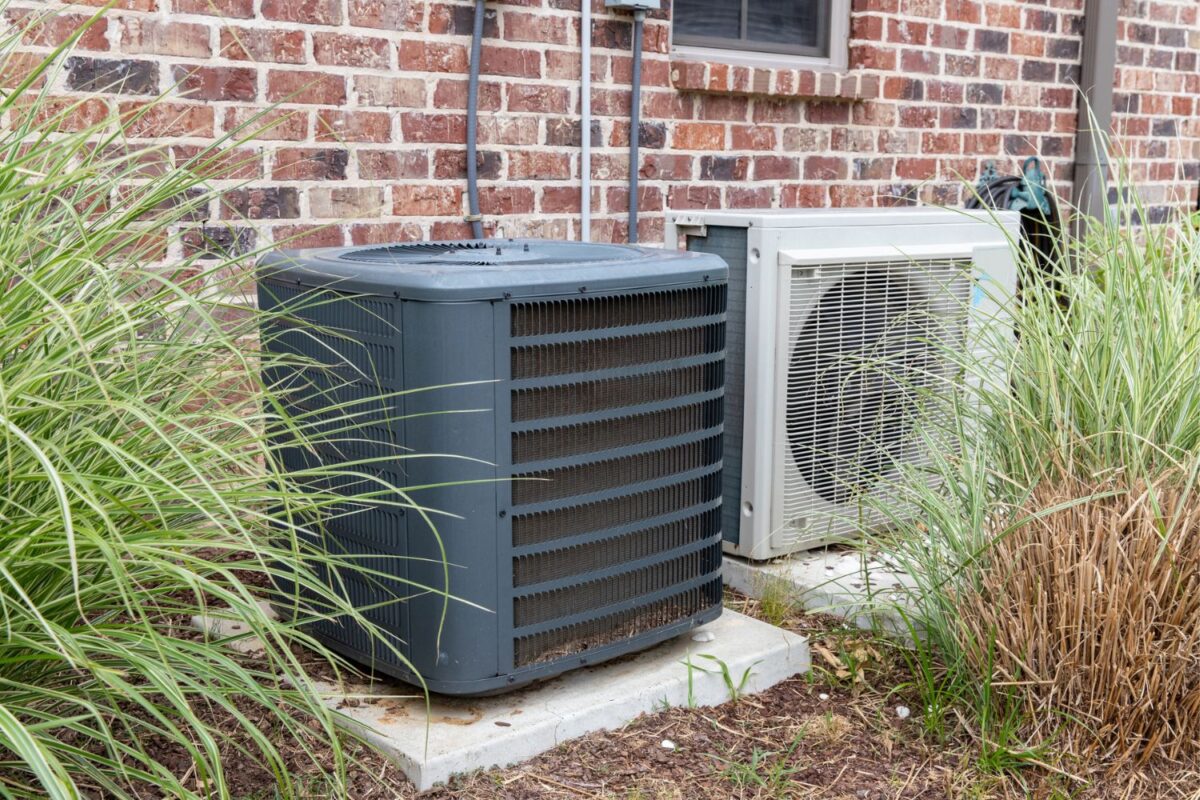Signs You Have A Sewer Issue
If you have a sewer issue, there are some telltale signs that you can look for. These include: 1. Foul odors coming from your drains.
2. Gurgling sounds coming from your drains.
3. Water backing up into your sinks or toilets.
4. Unusual growths of mold or mildew around your drains.
5. Constant drain clogs. If you notice any of these signs, it’s important to call a plumber immediately to have your sewer issue diagnosed and repaired.
Top 10 Signs You Have A Sewer Issue In Your Home
Although most homeowners never think about their sewer line, it’s an important part of your home’s plumbing system. A sewer line carries waste water from your home to the city sewer system or a septic tank. If you have a sewer issue in your home, it can cause serious problems. Here are the top 10 signs that you have a sewer issue in your home.
1. Slow drains If you notice that your drains are draining slower than usual, it could be a sign of a sewer issue. This is because when there is a blockage in the sewer line, it can cause water to back up into your drains.
2. Gurgling noises If you hear gurgling noises coming from your drains, it’s a sign that there is an obstruction in your sewer line. The gurgling noise is caused by the air escaping from the sewer line.
3. Bad smells If you notice a bad smell coming from your drains, it’s a sign that there is waste water backing up into your home. The bad smell is caused by the waste water that is sitting in your drains.
4. Water backing up into your home If you notice water backing up into your home, it’s a sign that there is a blockage in your sewer line. The water is being forced back into your home because the sewer line is blocked.
5. Flooding in your yard If you notice flooding in your yard, it’s a sign that there is a blockage in your sewer line. The blockage is causing the sewer line to back up, which is causing the flooding.
6. Sinkholes in your yard If you notice sinkholes in your yard, it’s a sign that there is a problem with your sewer line. The sinkholes are caused by the sewer line collapsing.
7. Cracks in your foundation If you notice cracks in your foundation, it’s a sign that there is a problem with your sewer line. The sewer line is putting pressure on your foundation, which is causing the cracks.
8. Your toilet won’t flush If you notice that your toilet won’t flush, it’s a sign that there is a blockage in your sewer line. The blockage is preventing the water from flowing through the sewer line.
9. Your toilet is overflowing If you notice that your toilet is overflowing, it’s a sign that there is a blockage in your sewer line. The blockage is preventing the water from flowing through the sewer line, which is causing the overflow.
10. You see sewage in your home If you see sewage in your home, it’s a sign that there is a problem with your sewer line. The sewage is coming into your home because the sewer line is blocked.
10 Telltale Signs There’s A Sewer Problem In Your House
There are a number of things that can go wrong with your sewer system. Here are 10 signs that there may be a problem:
1. Water backing up into your home through the drains
2. sewage odors coming from your drains
3. Gurgling sounds coming from your drains
4. wastewater coming up through your toilets or showers
5. Your toilets are constantly clogging
6. You have large amounts of water pooling around your home
7. Your lawn is overly wet or mushy
8. there are sinkholes in your yard
9. Your home foundation is cracked
10. You have high water bills.
10 Signs That Indicate a Serious Sewer Problem in Your Home
You may not think about your home’s sewer system very often, but it’s actually a pretty important part of your plumbing. The sewer is responsible for carrying all of the wastewater from your home out to the municipal sewer system or a septic tank. If there’s a problem with your sewer, it can cause some serious issues in your home. Here are 10 signs that there may be a problem with your home’s sewer:
1. There’s a bad smell coming from your drains. If there’s a foul smell coming from your drains, it could be a sign that there’s a blockage or other problem in your sewer line.
2. Your toilet is backing up. If water starts to come back up into your toilet when you flush it, that’s a sure sign that there’s a sewer line blockage.
3. You hear gurgling sounds coming from your drains. If you hear gurgling sounds coming from your drains, it means that air is being forced through the blockage in your sewer line.
4. Water is pooled around your drains. If water is pooling around your drains, it’s another sign that there’s a blockage in your sewer line.
5. Your drains are draining slowly. If your drains are draining more slowly than usual, it could be a sign of a partial blockage in your sewer line.
6. You see sewage coming out of your drains. If you see sewage or waste water coming out of your drains, it means that there is a very serious blockage in your sewer line.
7. Your toilets won’t flush. If your toilets won’t flush, it’s a sure sign that there’s a blockage somewhere in your sewer line.
8. There are cracks in your foundation. If there are cracks in your foundation, it could be a sign that your sewer line is leaking.
9. Your lawn is green and lush. If your lawn is especially green and lush, it could be a sign that your sewer line is leaking.
10. You have a high water bill. If you have a sudden and unexplained increase in your water bill, it could be a sign that your sewer line is leaking. If you notice any of these signs, it’s important to call a plumbing professional right away to have them inspect your sewer line. A sewer line problem is not something that you should try to fix yourself. Only a professional will be able to properly diagnose the problem and fix it without causing further damage.
If You See Any of These 10 Signs, You Have a Sewer Problem
If any of the following 10 signs are present in your home, you likely have a sewer problem:
1. Water backing up into tubs, showers, toilets, or sinks
2. Drains that gurgle or make strange noises
3. Water that appears dirty or rust-colored
4. Toilets that flush slowly or backup
5. Fixtures that frequently become clogged
6. Sewage odors
7. Soggy spots in yards
8. Excessively green patches of grass
9. Mushrooms or other fungi growing near sewer lines
10. Small animals or insects near sewer lines
10 Red Flags That You May Have a Sewer Problem
Have you ever had a sewer problem? If so, then you know how frustrating and inconvenient they can be. Here are 10 red flags that you may have a sewer problem.
1. Water backing up into your home: If water starts to back up into your home, it’s a sure sign that there is a blockage somewhere in your sewer line.
2. Drains that are slow or clogged: If your drains are slow or clogged, it could be a sign of a Sewer Blockage.
3. Gurgling sounds coming from your drains: This is another sign that there is a blockage in your sewer line.
4. Sewage odors: If you start to notice sewage odors, it’s a sign that there is a problem with your sewer line.
5. Your toilet won’t flush: If your toilet won’t flush, it’s a sign that there is a blockage in your sewer line.
6. Water pooling in your yard: If you start to see water pooling in your yard, it’s a sign that there is a problem with your sewer line.
7. Green grass in your yard: If you have green grass in your yard, it’s a sign that there is a problem with your sewer line.
8. foundation cracks: If you start to see cracks in your foundation, it’s a sign that there is a problem with your sewer line.
9. Sinkholes: If you start to see sinkholes, it’s a sign that there is a problem with your sewer line.
10. Your home insurance rates increase: If your home insurance rates increase, it’s a sign that there is a problem with your sewer line.
10 Warning Signs of a Major Sewer Problem
If you suspect you have a sewer problem, look for the following 10 warning signs:
1. Water backing up into your home through the drains.
2. Slow drains throughout your home.
3. Toilet won’t flush, or flushes slowly.
4. Water around your home’s foundation.
5. Green patches of grass in your yard. 6. An unusual gurgling sound coming from your drains.
7. Water spilling out from the clean-out plug.
8. Unusual odors coming from your drains.
9. Sinks or tubs that drain slowly.
10. Your sewer bill is unexpectedly high.

